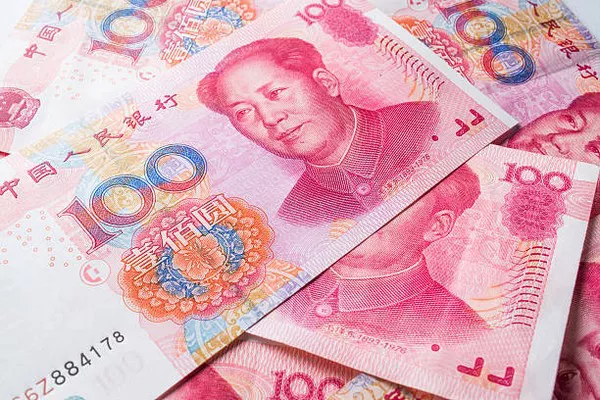The Chinese yuan, also known as the Renminbi (RMB), has been a focal point of global economic discussions in recent times due to its fluctuating value. Observers and market participants closely monitor the currency’s performance as it plays a crucial role in the international financial landscape. In this article, we will delve into the factors influencing the value of the yuan and analyze whether it is indeed losing value.
Historical Context:
To understand the present state of the yuan, it is essential to examine its historical context. China’s economic rise over the past few decades has been accompanied by the gradual internationalization of its currency. The yuan became part of the International Monetary Fund’s (IMF) Special Drawing Rights (SDR) basket in 2016, signaling its increased importance in global trade and finance.
Factors Influencing Yuan Fluctuations:
Trade Tensions:
One of the primary factors affecting the yuan’s value is the ongoing trade tensions between the United States and China. Tariffs and trade disputes can lead to uncertainty, causing fluctuations in the currency markets. Investors often seek safe-haven currencies during periods of heightened tension, potentially impacting the yuan’s value.
Monetary Policy:
China’s central bank, the People’s Bank of China (PBOC), plays a pivotal role in managing the yuan’s value through monetary policy. Adjustments in interest rates, reserve requirements, and other policy tools can influence the currency’s strength. Changes in monetary policy may be enacted to manage inflation, stimulate economic growth, or address external pressures.
Economic Indicators:
Key economic indicators such as GDP growth, employment rates, and manufacturing data can significantly impact the yuan’s value. Positive economic performance tends to support the currency, while economic downturns or uncertainties may lead to depreciation.
Foreign Exchange Reserves:
China holds substantial foreign exchange reserves, primarily in U.S. dollars. Fluctuations in the value of these reserves can influence the yuan’s exchange rate. The government’s management of its foreign exchange reserves can be a strategic tool in stabilizing the currency.
Global Market Sentiment:
The yuan’s value is also influenced by global market sentiment and risk appetite. During times of economic stability and optimism, investors may favor riskier assets, including the yuan. Conversely, economic uncertainties may lead to a flight to safety, impacting the currency negatively.
Analyzing Recent Trends:
In recent months, the yuan has experienced some fluctuations, prompting concerns about its overall trajectory. It is crucial to analyze these trends to determine whether the currency is genuinely losing value.
Currency Devaluation:
There have been instances where China deliberately devalued the yuan to gain a competitive edge in export markets. However, the government has signaled its commitment to a stable currency in recent years. Any perception of intentional devaluation can impact investor confidence and lead to negative perceptions of the yuan’s value.
Market Forces vs. Government Intervention:
While market forces largely determine the yuan’s value, the Chinese government has historically intervened to stabilize the currency. Striking a balance between market-driven exchange rates and policy intervention is crucial for maintaining a stable economic environment.
Global Economic Conditions:
The yuan’s value is interconnected with global economic conditions. The aftermath of major events, such as the COVID-19 pandemic, can have a profound impact on global trade and economic stability, influencing the yuan’s performance.
See Also Will Saudi Arabia Sell Oil To China In Yuan?
Conclusion:
In conclusion, the evaluation of whether the yuan is losing value requires a comprehensive analysis of various factors. Trade tensions, monetary policy, economic indicators, foreign exchange reserves, and global market sentiment all play crucial roles in shaping the currency’s value. While the yuan has experienced fluctuations, it is essential to differentiate between short-term volatility and long-term trends.
Investors, policymakers, and analysts must closely monitor these factors to make informed assessments about the yuan’s future movements. China’s commitment to economic stability and its role in the global economy contribute to the complex dynamics influencing the yuan’s value. As the international community navigates economic challenges, understanding the factors shaping the yuan’s value remains a critical aspect of global financial analysis.


